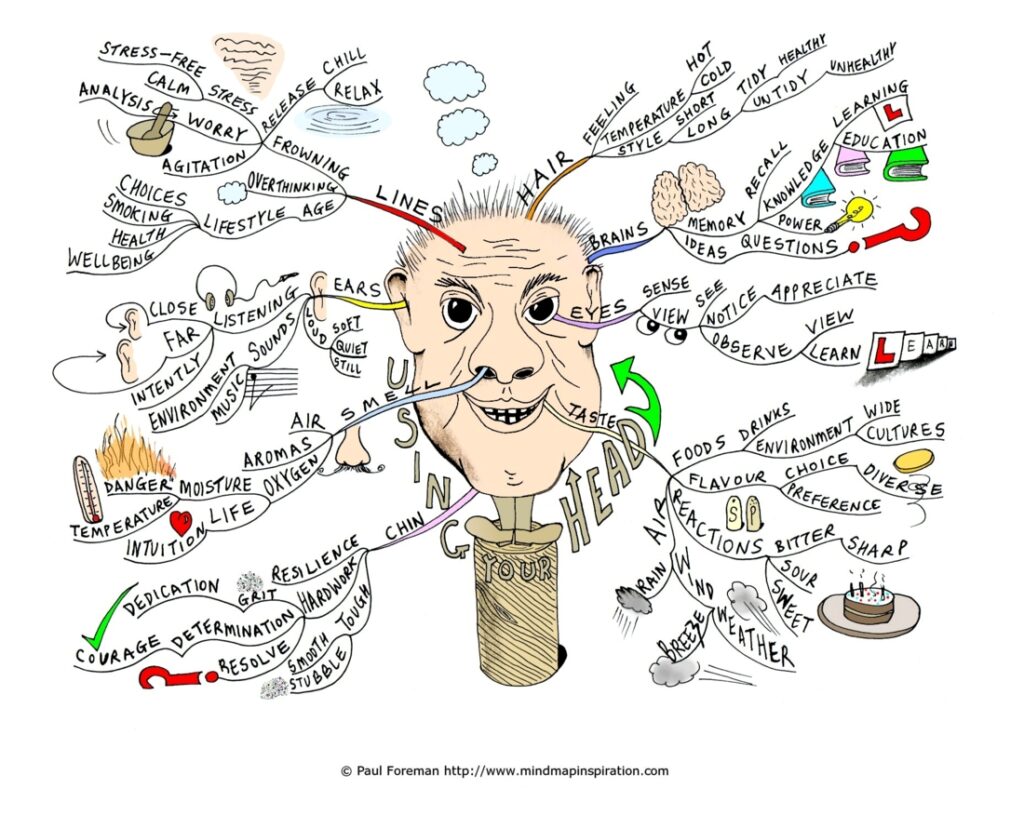English chaos in the head of the whole world
Miss nothing, read everything!
“Learning English is so easy,” they said… I thought so too earlier, when I was apupil. And then I met with the real English and I was horrified.
English now is the prime language of international communication, and its unpredictability of sound and way of writing is a great problem.

What did they make with Pacific ocean and Australia and why?
Pacific ocean [pəˈsɪfɪk ˈəʊʃn] – three letters “c” and everyone is read differently.
Australia [ɔs’treiljə] — three letters “a” and everyone is read differently too.
But the word “indivisibility” [ˌɪndɪˌvɪzɪˈbɪlɪti] has six words “i” and they all are pronounced the same.
Or here:
Strengths [streŋθs] — quality of being strong (9 words and 8 of them are consonants!);
Euouae [juːˈuːɪ] or Evovae is an abbreviation used in Latin psalters and other liturgical books — (all letters are vowels).
Why? Who knows? Who can explain this?
How will one study (learn) English pronunciation well?
How can I figure it out in the chaos of English spelling?
Tricky pronunciation maked (done) English one of the hardest languages in the world to learn for. There are so many exceptions to the rules, and words are adopted from different European languages.
“Why English is hard to learn?” Poem by James Donovan.
We will begin with box; the plural is boxes;
But the plural of ox is oxen, not oxes,
One fowl is a goose, and two are called geese,
Yet the plural of moose is never called meese.
You can find a lone mouse or a house full of mice;
But the plural of house is houses not hice.
The plural of man is always men.
But the plural of pan is never pen.
If I speak of a foot, and you show me two feet,
And I give you a book, would a pair be a beek?
If one is a tooth and a whole set are teeth,
Why shouldn’t two booths be called beeth?
If the singular’s this and the plural is these,
Should the plural of kiss be ever called keese?
We speak of a brother and also of brethren,
But though we say mother, we never say methren.
When the masculine pronouns are he, his, and him;
Just imagine the feminine… she, shis, and shim!
This poem was demonstrated the irregularity of English spelling and pronunciation little like other poem “Here is some pronunciation”.
And also we have the BIG poem “The Chaos” by Gerard Nolst Trenité, written nearly 100 years ago in 1922 and became the well-known versified catalogue of English spelling irregularities.
“The Chaos» is a poem which demonstrates the irregularity of English spelling and pronunciation, written by Gerard Nolst Trenité (1870-1946), also known under the pseudonym Charivarius. It first appeared in an appendix to the author’s 1920 textbook Drop Your Foreign Accent: engelsche uitspraakoefeningen…
The chequered career of the first version we received was typical: it consisted of a tattered typescript found in a girls High School in Germany in 1945 by a British soldier, from whom it passed through various hands eventually to reach Terry De’Ath, who passed it to the SSS; but it did not mention who its author was…
A rather sad instance of the mystery that has long surrounded the poem is seen in Hubert A Greven’s Elements of English Phonology, published in Paris in 1972: its introduction quoted 48 lines of the poem to demonstrate to French students how impossible English is to pronounce (ie, to read aloud), and by way of acknowledgment said that the author «would like to pay a suitable tribute to Mr. G Nolst Trenité for permission to copy his poem “The Chaos.”
“The Chaos” represents a virtuoso feat of composition, a mammoth catalogue of about 800 of the most notorious irregularities of traditional English orthography.”
The Classic Concordance of Cacographic “Chaos” in Journal of the Simplified Spelling Society, 1994/2 pp. 27-30 later designated J17 — http://www.spellingsociety.org/journals/j17/caos.php
This poem is excellent because it shows all the confusion in pronunciation.
And although Mr. G. Nolst Trenite jokingly advised: «Give it up!», Michael Shestov says that you will definitely «will take it», then just do it!
The Michael “Maestro of Pronuciation” Shestov created from poem “Chaos” an efficient and effective methodology and educational tutorial which will make from you “Guru” of pronunciation”.
«SupremeChaos» — https://youtu.be/DaM7CWjxPmE
About «SupremeChaos»- https://shestov.ru/slchaos/
Best wishes, Constalder.


 «Как научить себя учиться» Введение в Систему Михаила Шестова
«Как научить себя учиться» Введение в Систему Михаила Шестова Основополагающие постулаты освоения английского языка
Основополагающие постулаты освоения английского языка О чем никогда не расскажет репетитор английского. Секреты профессии
О чем никогда не расскажет репетитор английского. Секреты профессии Пара смешных проблем в изучении английского
Пара смешных проблем в изучении английского Лео Бокерия и Михаил Шестов: КОВИД и ИНСУЛЬТ лечатся ЧТЕНИЕМ ВСЛУХ
Лео Бокерия и Михаил Шестов: КОВИД и ИНСУЛЬТ лечатся ЧТЕНИЕМ ВСЛУХ




Карпов Александр
Поначалу сомневался, т.к. произношение у меня было поставлено. Но потом, разобравшись в методе, компетентность автора стала очевидна, и те «сектора», в которых были проблемы, пришли в норму. Усвоив метод, я понял, что могу выучить любой язык, который мне понадобится. Огромное человеческое спасибо Михаилу Юрьевичу и сотрудникам!